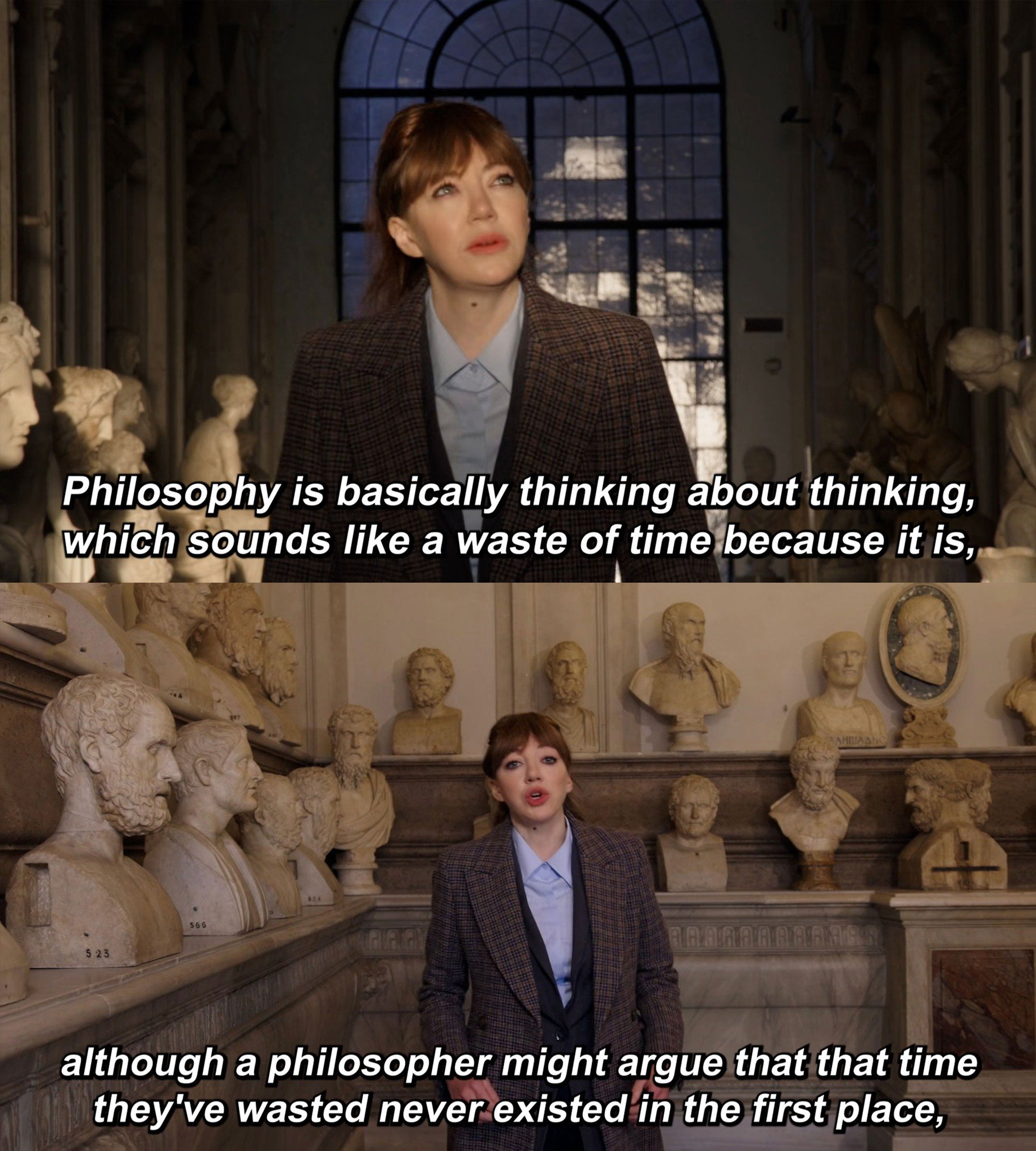this post was submitted on 08 Oct 2024
786 points (98.0% liked)
memes
9901 readers
3179 users here now
Community rules
1. Be civil
No trolling, bigotry or other insulting / annoying behaviour
2. No politics
This is non-politics community. For political memes please go to [email protected]
3. No recent reposts
Check for reposts when posting a meme, you can only repost after 1 month
4. No bots
No bots without the express approval of the mods or the admins
5. No Spam/Ads
No advertisements or spam. This is an instance rule and the only way to live.
Sister communities
- [email protected] : Star Trek memes, chat and shitposts
- [email protected] : Lemmy Shitposts, anything and everything goes.
- [email protected] : Linux themed memes
- [email protected] : for those who love comic stories.
founded 1 year ago
MODERATORS
you are viewing a single comment's thread
view the rest of the comments
view the rest of the comments

before gödel’s theorems can be formally stated, you have to make a lot of assumptions about axioms, and you have to pick which kinds of logical rules are “valid”, etc. and that all feels way more dicey to me than the actual content of gödels theorems.
i definitely agree that gödels theorems can help to undercut the idea that math is this all knowing, objective thing and there’s one right way to do everything. but to me personally, i feel like the stuff that’s very close to the foundations is super sketchy. there are no theorems at that level, it’s just “we’re going to say these things are true because we think they are probably true”.
Indeed, and the reason why I think the incompleteness theorems are the nail in the coffin, is that otherwise you could at least prove that certain sets of axioms worked together, then you'd have some basis for the math you use, even if it was self-referential
But it turns out that is impossible, and what we choose as our foundation for the math we use is pretty much arbitrary. Although of course we have reasons to use what we use